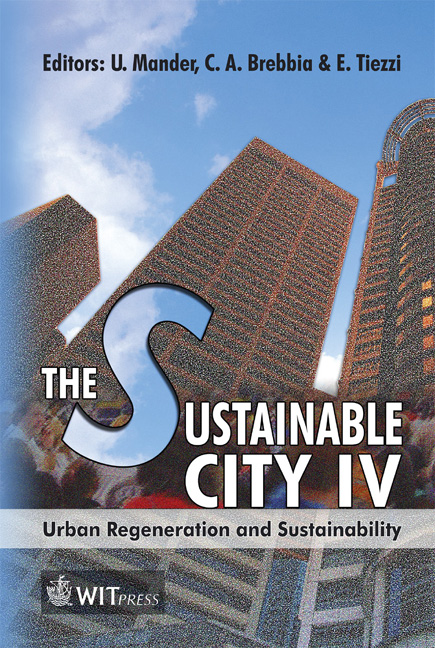Strategic Spatial Planning And Environmental Management: The Impact Of Guanabara Bay Cleaning Programme In Rio De Janeiro
Price
Free (open access)
Transaction
Volume
93
Pages
10
Published
2006
Size
867 kb
Paper DOI
10.2495/SC060441
Copyright
WIT Press
Author(s)
V. A. Carneiro da Silva & G. Ribeiro
Abstract
This paper looks at a prominent example of planning for sustainable development in Rio de Janeiro, namely the Guanabara Bay Cleaning Programme. We examine the role of the Guanabara Bay Cleaning Programme against the background of socio-economic and spatial trends in the last decade, identifying patterns of segregation and polarization on these levels. Beyond the fact that such patterns follow urban development tendencies under the impact of globalization which also have been documented elsewhere, we are interested here in looking at how the Guanabara Bay Cleaning Programme has contributed to reinforce existing trends of spatial and socio-economic segregation through the way in which sanitation infrastructure has been implemented in different areas of the city. In order to do that, we look here at two neighbourhoods located on opposite sides of the same, heavily polluted Guanabara Bay. The first is Icaraí, a high-income area where the beach, despite being polluted and being closed for bathing for many years, has remained a recreational amenity. The second is Maré Complex, a low-income community which has been closed off from the bay by series of urban interventions, such as the free-way containing the main traffic towards Rio de Janeiro International Airport. The Guanabara Bay Cleaning Programme interventions in both areas have contributed to perpetuate and reinforce existing patterns of spatial segregation, both between neighbourhoods of different socio-economic status and between such neighbourhoods and potential environmental amenities. Keywords: Guanabara Bay Cleaning Programme, strategic planning, environmental management, sustainability, Rio de Janeiro, urban development.
Keywords
Guanabara Bay Cleaning Programme, strategic planning, environmental management, sustainability, Rio de Janeiro, urban development.





